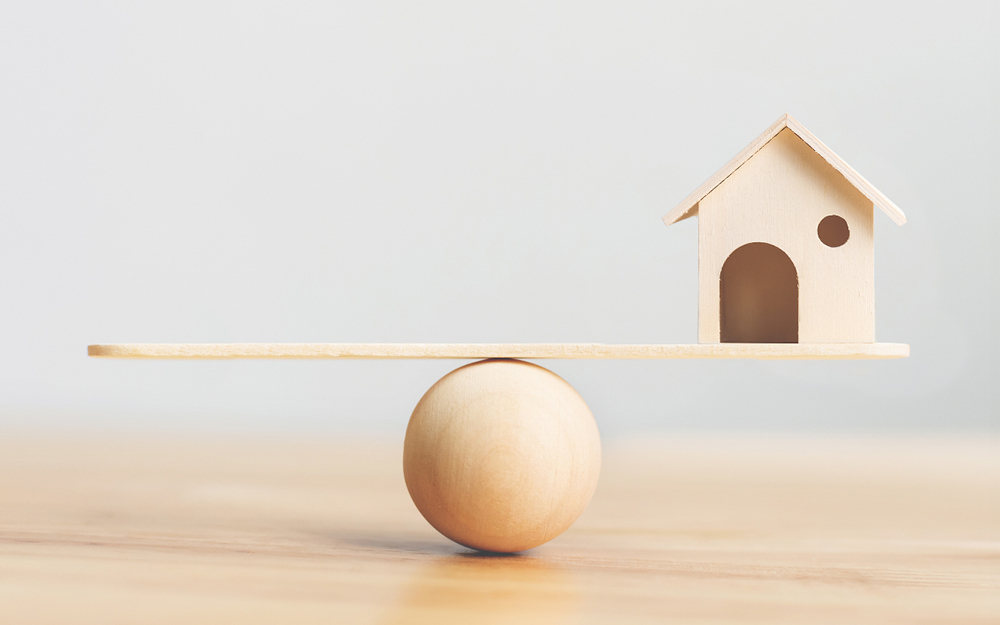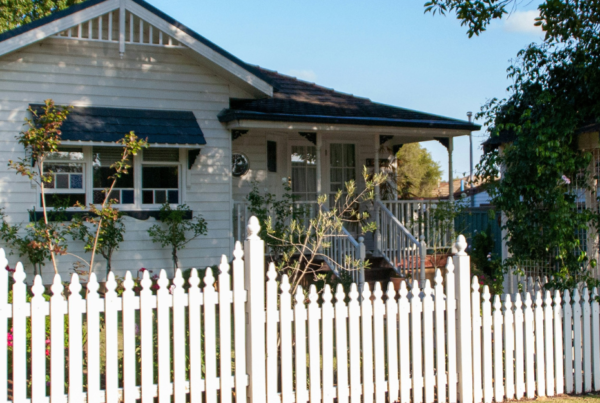The buy-first or sell-first dilemma
Deciding whether to buy a new home before selling your current one or to sell your home before buying a new one is a significant choice, and it can feel a bit overwhelming. Both options come with their own set of benefits and challenges, and your decision will be influenced by various factors, including the state of the housing market, your financial situation, and your personal preferences.
Let’s explore these considerations to help you make the best choice for your next big move.
Buying before selling
If you choose to buy your new home before selling your current one, you get to enjoy the luxury of time. You won’t be pressured to find a new home quickly because you’re not in a rush to sell your existing property. This approach allows you to take your time exploring different neighbourhoods, visiting open houses, and making thoughtful decisions without the stress of a ticking clock.
Once you’ve purchased your new home, you can move in at your own pace. This can make the transition smoother and less stressful, as you may not need to worry about temporary housing or moving twice.
However, buying before selling does come with financial considerations. A bridging loan can assist you in managing this period while you look to sell your existing property. This is a short-term loan, typically between 6 and 12 months that can help you finance the purchase of a new property while you sell your current property. While this type of loan can provide extra time you need to sell your existing property, it’s important to remember that you’ll need to demonstrate that you are able to pay your original home loan and the bridging finance loan at the same time during the period between buying and selling.
Additionally, if the market fluctuates while you’re holding both homes, you might find yourself needing to adjust the selling price of your old home, potentially affecting your financial plans.
Selling before buying
On the other hand, selling your home before buying a new one offers a different set of benefits. When you sell first, you gain financial clarity. You’ll know exactly how much money you have available for your new home, as the proceeds from the sale can be used as a down payment. This clear understanding of your budget can make the home-buying process less stressful and more straightforward.
Another advantage is that you become a more attractive buyer in the eyes of potential sellers. Without the need to sell your old home first, you’re in a stronger position to negotiate and make offers. Sellers often prefer buyers who don’t have contingencies, which can give you an edge in competitive markets. This increased leverage can be especially valuable if you’re looking to purchase in a rising market, where desirable properties might be snapped up quickly.
Yet, selling before buying also presents its own set of challenges. Once your home is sold, you may need to find a new place quickly, which can be stressful if the market is competitive or if you have specific needs. There might be a period where you’re between homes, which could necessitate temporary living arrangements. This could be inconvenient and might add to the stress of your move.
Timing the market
The state of the housing market plays a crucial role in your decision-making process. In a rising market, buying before selling can be advantageous. You’ll have the opportunity to lock in a new property at current prices before they go up further. However, you need to be prepared for the financial strain of carrying two mortgages.
Conversely, in a falling market, selling before buying might be the wiser choice. You can sell your current home and then take your time finding a new home, potentially benefiting from lower prices in the future.
Making the right choice for you
Ultimately, whether you decide to buy before selling or sell before buying depends on your individual circumstances. Consider your financial situation carefully—do you have the resources to handle two mortgages, or would you prefer the clarity of knowing your budget before making a purchase? Think about the current market conditions and how they might impact your decision. And, of course, reflect on your personal preferences and priorities for your next home.
Whatever your decision we can helping you navigate the financing complexities of buying and selling to ensure that your transition is stress-free as possible.




